Phase: Phase 4: Action Plan
Institutions: Ministry of Housing and Land Use Planning
Sector: Urban, health and education
Public Policy : National Program for Risk Reduction
Countries: CAPRA Central America, Panamá
Overview
Panama has a history of high magnitude earthquakes that have resulted in great loss of life and property, with significant impact on the country’s growth and economy. In 2008, a national seismic hazard assessment completed under the project on earthquake risk reduction in Central America (RESIS) showed a high seismic risk for the city of David, mainly due to a lack of planning and poor use of seismic resistance standards.
In view of this situation, the Government of Panama requested support from The World Bank to build institutional capacity for probabilistic risk assessment in the sectors of health, education and housing of the city of David. As a result, several national institutions including the Ministries of Housing and Territorial Planning, Education, Health, as well as the University of Panama developed the skills needed to conduct seismic risk assessments and contributed to the generation of risk-related information. Under the CAPRA Program, The World Bank and the Government of Panama also conducted a flood risk assessment along a section of the river Caldera in the municipality of Boquete, which resulted in increased awareness of the need to advance in flood risk management.
In 2013, the intervention of the CAPRA Program in Panama concluded with a workshop that brought together more than 40 decision makers and professionals from a wide range of public and academic institutions interested in, and responsible for, disaster risk reduction activities to identify potential lines of action for seismic and flood risk reduction. As a result, participant organizations became aware of the current context in disaster risk management and territorial planning policies, and adopted a number of commitments to strengthen disaster risk identification processes as well as to advance the disaster risk agenda in the country.
